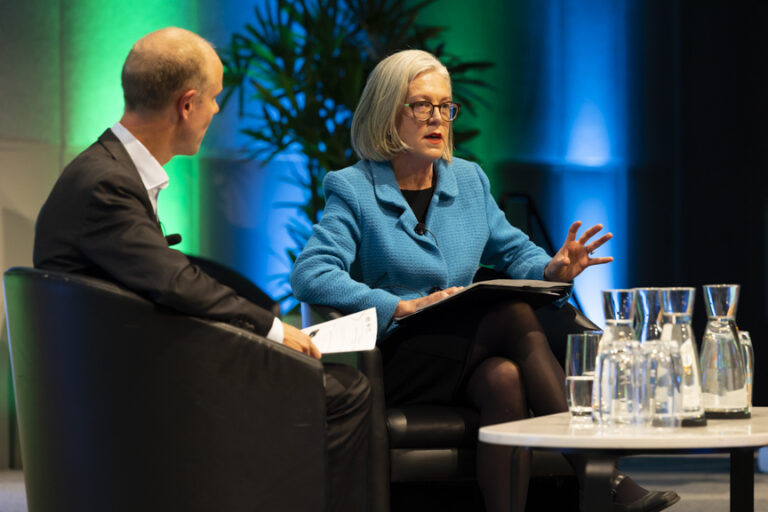In last month’s newsletter I broke down all the problems with The Economist magazine’s ‘special report’ on ESG. It got some attention on LinkedIn, read the comments here.
Getting on the cover of that magazine is often a curse, but for ESG, it may prove to be a rallying cry for supporters of the sustainable finance movement.
We know ESG isn’t perfect, but it shouldn’t be criticised for failing to do something it never intended to do.
It’s was never intended to ‘save the world’.
Pucker & King in HBR
That was the view of Kenneth Pucker and Andrew King in their writing for Harvard Business Review.
“It’s long past time we faced a hard truth: despite a historic surge in popularity, ESG investing will not tackle our generation’s urgent environmental and social challenges.”
They dig into the marketing double-speak that overstates the ‘impact’ ESG investing will have on the world, and list some of the core problems at the heart of the ballooning ESG industry.
And… they keep it positive, citing the direction we do need to take to build a more sustainable economy.
McKinsey Sticks with the Status-Quo
ESG has its problems, it’s hard, but that doesn’t mean they’re not insurmountable. Unfortunately McKinsey (in this article Does ESG Really Matter – and why?) sides with its neoliberal clients to simply dismiss it all as too hard, and instead stick with the status-quo.
But, it did explore the very pragmatic concept of pricing in negative externalities. Companies currently pollute the air for free, but that needs to change, hopefully soon.
‘Hating ESG’: Advocates Are Looking to Replace the Label
This Bloomberg article does a decent job of framing the many sides to this rocky debate.
The Oxford Professor Robert Eccles says it’s time to move beyond ‘ESG’;
“People are so invested now in hating ESG for reasons that don’t really have much to do with ESG.”
While Florida Governor Ron DeSantis has gone the virtue-signalling route, attempting to ban pension funds from applying ESG overlays as, he says, it threatens returns.
Meanwhile Sasja Beslik, a sustainable finance veteran who’s now the chief investment officer at NextGen ESG, says detractors “are simply too late to the party.”
The article concludes with words from Paul Clements-Hunt, who is said to have coined the term ESG in 2004;
“We are at the very start of a massive adjustment, only just under way, as we steer a course toward regenerative capitalism. Whatever acronym we adopt the critical challenges will still be there.”
Erika Karp Adds Much-Needed Nuance
As with most mainstream news these days, nuance is lost to noise and outrage.
Erika Karp from Pathstone attempts to offer a clear-headed model for what ESG could (or should) be.
“We should first state that there is no such thing as “ESG Investing.” Period. There is, however, such a thing as “ESG Analysis.” This is an essential investment discipline.”
“It need not be politicized, divisive, or represent any particular ideology. In fact, when it is used that way, it is entirely disingenuous and outright false.”
“Why would they purposefully obfuscate something that is blindingly obvious to serious investors? Had the dinosaurs known that a big asteroid was coming, might they at least have tried to put on a sweater?”
Ignore the Noise, and Appreciate the Progress
This selection of articles shows the unproductive result of an issue like ESG being politicised.
It’s the scourge of our modern world, but we have the power to ignore it.
On the latest podcast episode (see below) I spoke to global impact investment specialist Rosemary Addis.
Her solution is to simply ignore the noise, and focus on the profound progress being made:
“What we are seeing at the moment, playing out at record speed, is the biggest transformation in how we think about standards for reporting and performance that we have seen since the Second World War. That is profound, and it’s indicative of the direction of travel.” Rosemary says.
“And one of the things I do reinforce with people is it’s important that we keep our eye on that direction of travel in the sense of, the world is moving towards greater focus on sustainability.”





